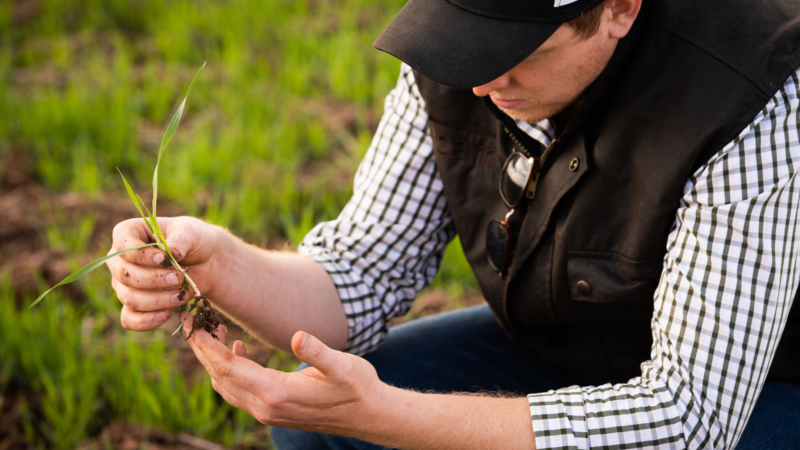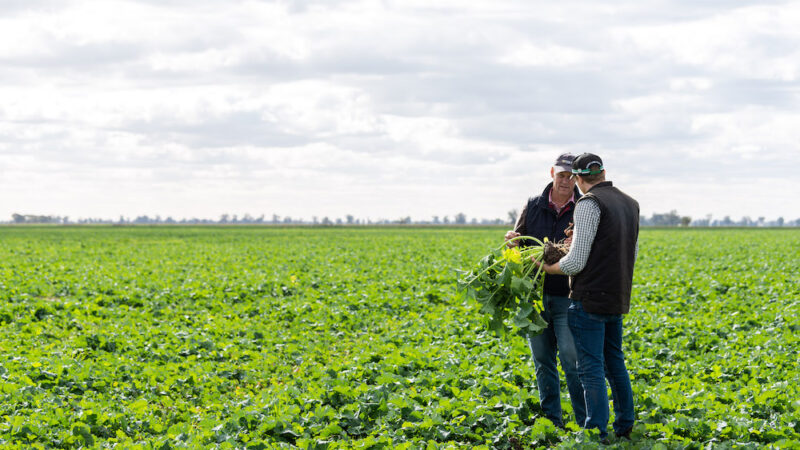New Technology for Building Soil Carbon Now Available
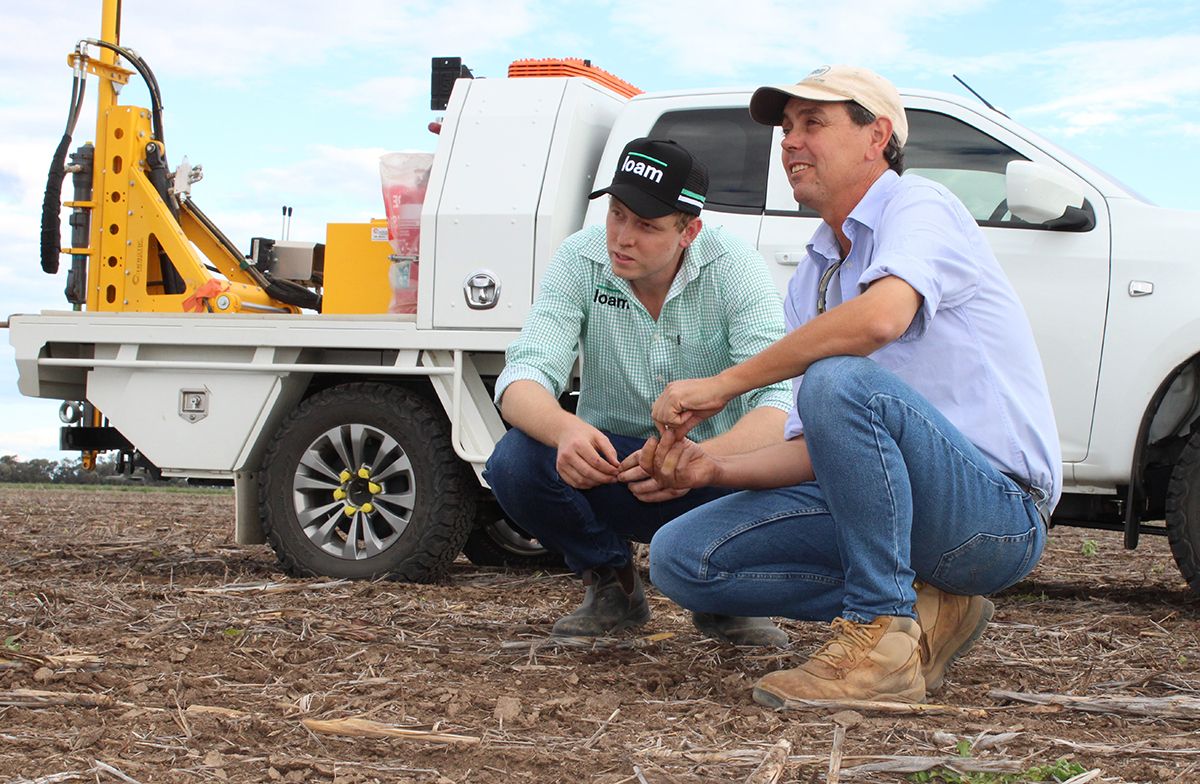
Australian farmers know the importance of soil carbon to improve soil health and productivity.
Now there is a scientifically-backed tool to help unlock and store stable carbon in agricultural soil that is easily integrated into existing cropping operations.
Australian agricultural company Loam Bio has developed novel technology for sequestering carbon into farming soils. The world-first �carbon fixing� fungal inoculant, CarbonBuilder, builds stable soil carbon for farmers and delivers maximum benefits back to the farm business by effectively allowing farmers to grow two crops in one paddock: a grain crop above, and a soil carbon crop below.
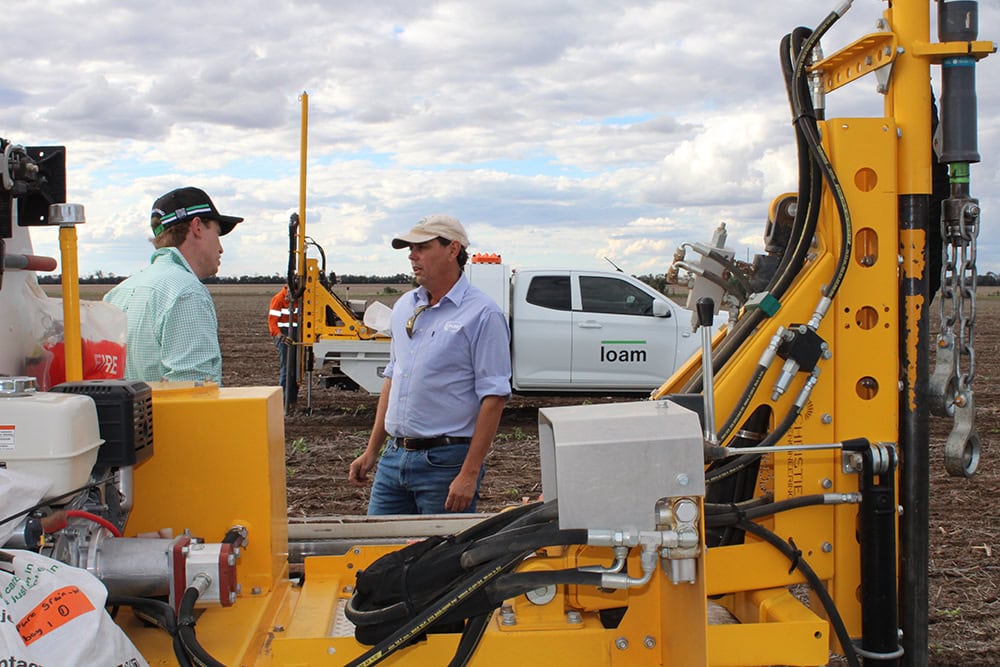
With the worldwide carbon market expected to more than double to US$2.68 trillion by 2028 (https://www.researchandmarkets.com/reports/5774731), there is unprecedented opportunity for farmers to take advantage of this new market, and diversify on-farm income.
Loam Bio is helping make that happen.
Since 2019, Loam Bio has invested more than $70 million in lab projects, replicated field trials, and full-farm demonstrations to develop the game-changing technology. This also includes academic validation, with independent Australian researchers recently demonstrating that Loam Bio�s CarbonBuilder fungi can increase soil carbon levels, and stabilise the carbon too (Stuart et al.2024).
Historically, the potential impacts and mechanisms for fungi�s impact on carbon cycling have been largely unknown. Recent scientific breakthroughs have been made by research teams across Australia. This includes peer-reviewed research from Western Sydney University showing inoculation with fungi from Loam Bio�s microbial library delivered a 9.4% higher carbon level in soil.
With this body of research, and commercialisation of this technology, farmers now have a proven method to take carbon from the atmosphere, and secure it in the soil, where it�s useful to improve soil fertility, crop yields, and put carbon credits on the balance sheet.
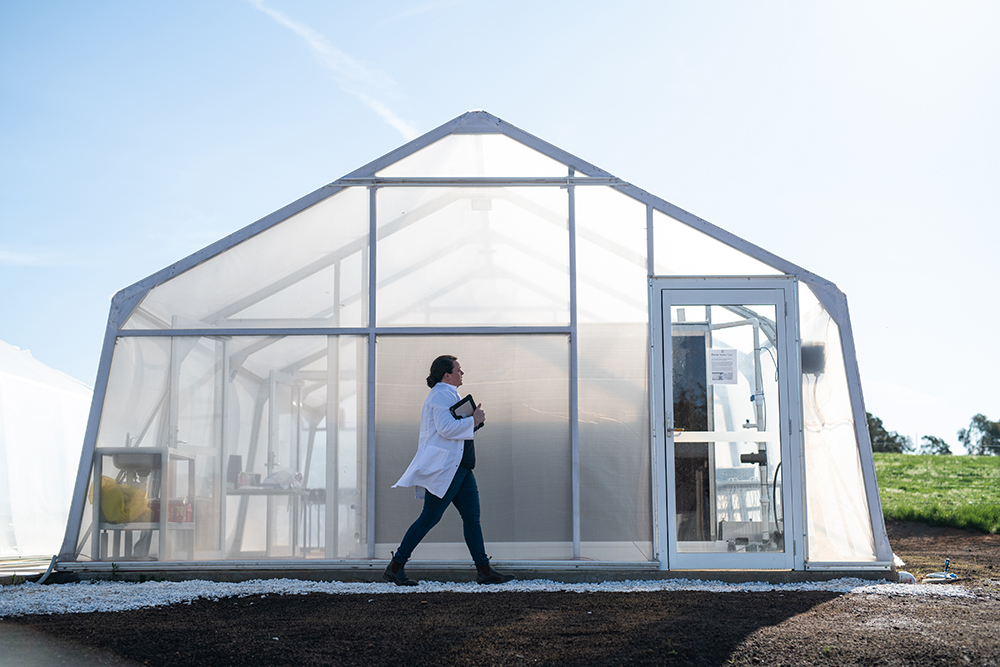
In field studies over recent years across wheat, barley and canola crops, CarbonBuilder has been delivering between 3-5 more tonnes of carbon dioxide per hectare over �business as usual�.
In a small pilot (1500 hectares) growing canola, 7000 tonnes of carbon were stored out of the atmosphere by the CarbonBuilder product.
Farmers now have the opportunity to mitigate business risk, or take advantage of the carbon markets by using CarbonBuilder, the easy-to-adopt tool in broadacre cropping that can be scaled at speed in broadacre agriculture.
Stuart Tighe is a farmer and founder of Pure Grain Network, a first-of-its-kind national grower network that directly connects growers to end users with data enriched commodities. PURE Grain’s research and development division has been growing to meet the needs of it customers, and are optimistic about Loam�s products.
“We deliver independent and high-quality research so that growers and end users can get best bang for buck, having dedicated a 430-hectare farm at Pallamallawa in northern NSW to trial commercial products and new practices on a large scale basis,” Mr Tighe said.
�We are leading paddock-scale trials to demonstrate the performance of products such as Loam Bio�s CarbonBuilder in �the real world, business-as-usual� setting, as the farmer would see it, and the results are highly promising.
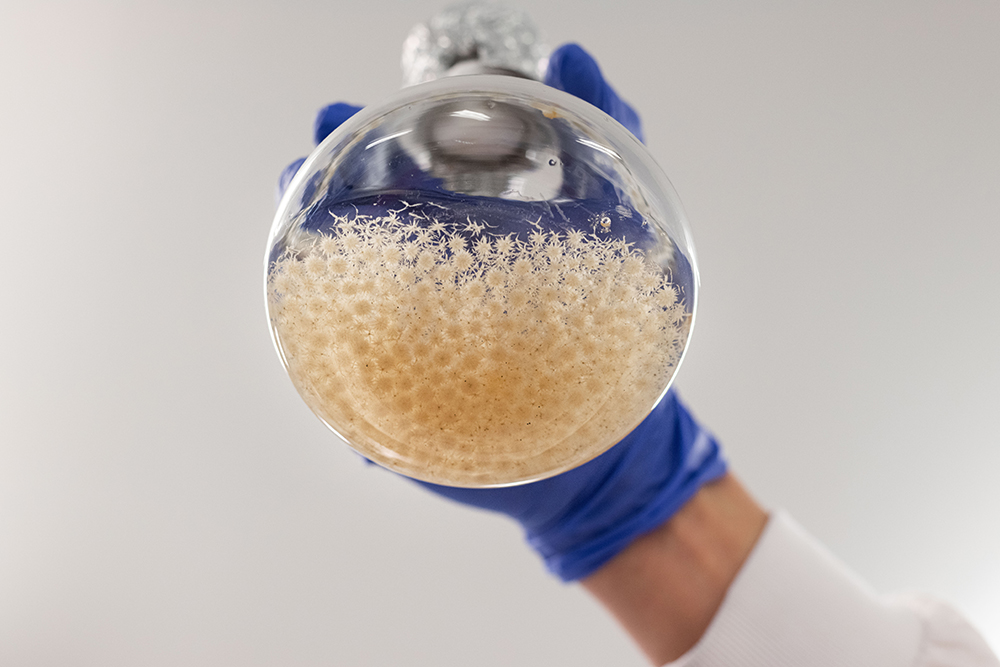
PURE Grain�s trialling of products such as �Loam’s� allow us to strike the balance between productivity, profitability and sustainability.”
**Loam Bio set up its headquarters in NSW, and has grown to a team of 140. Which includes researchers, agronomists and carbon project specialists in Australia as well as Loam offices across the world.
Visit https://www.loambio.com/



